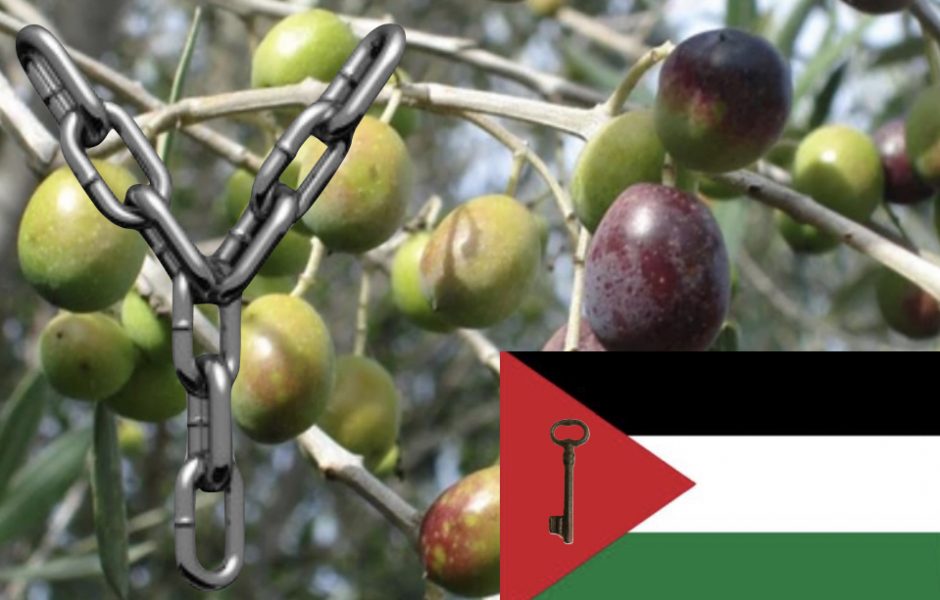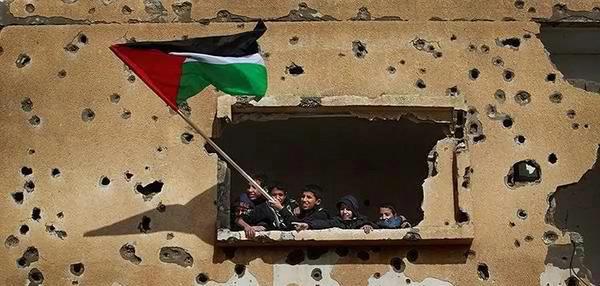22 December 2023

Tony Lloyd MP
Israel & Gaza
Hopes of a long-term ceasefire in Gaza are on hold again and the Israeli murderous campaign against civilians has re-started. Sadly we don’t even hear our own government repeating the Americans’ demand for less killings. But the world should be demanding a ceasefire. I raised this with Ministers in the House of Commons, which you can watch here.
The current conflict in Gaza shows the dire humanitarian situation with approximately 19,000 Palestinians killed and a lack of access to water, food, medicine and humanitarian aid. The big concern now is that killing diseases, like influenza and cholera, may sweep the Palestinian camps. This amounts to collective punishment of Palestinians and goes against the Universal Declaration of Human Rights and international law. The kidnappings of Israeli men, women and children and their brutal treatment by Hamas is still unforgiveable but not a reason for the way in which Gazans are being treated and we must call for the return of all hostages. Gaza is at breaking point and a permanent ceasefire is urgently needed. We are only delaying the inevitable and costing lives in the meantime.




